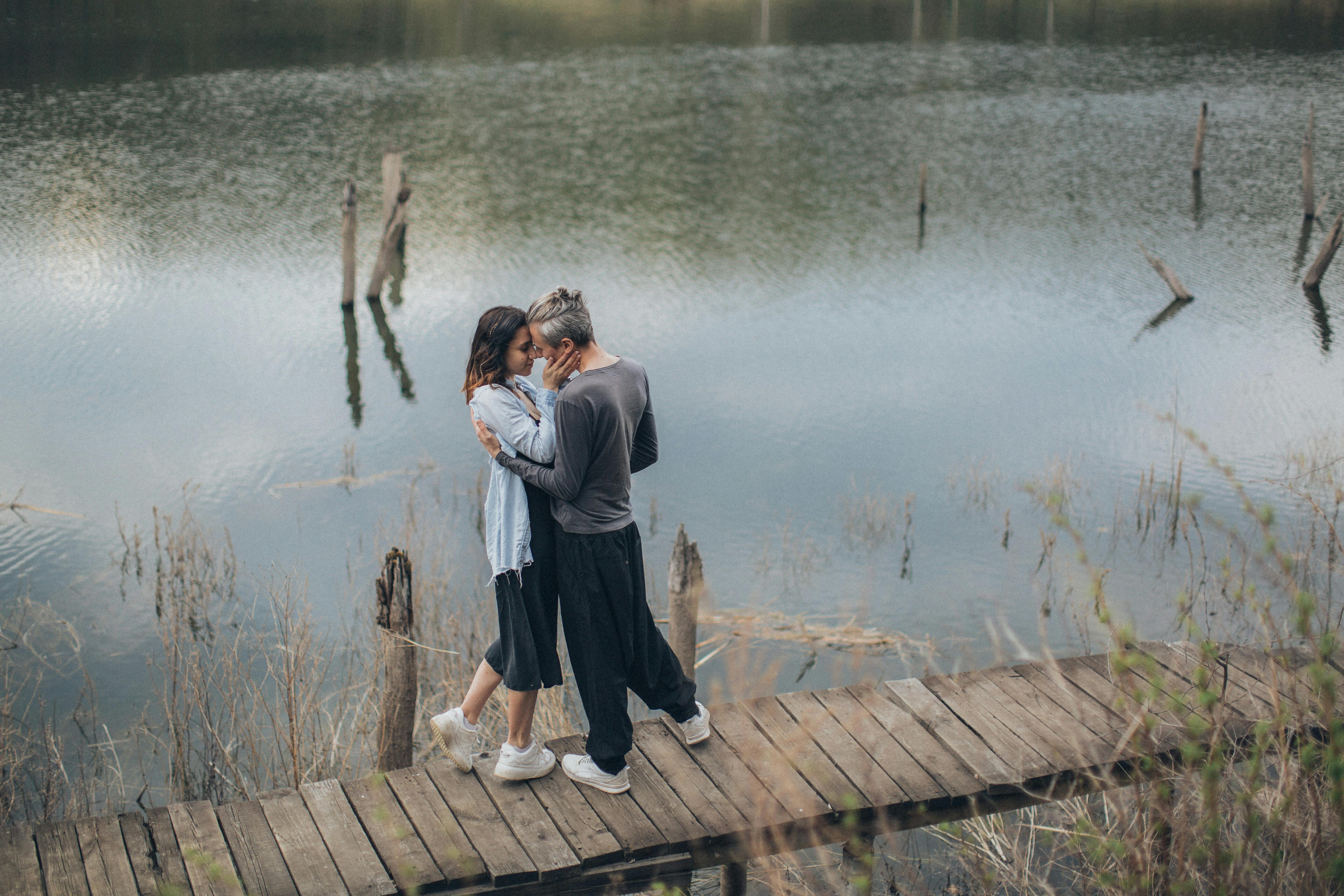The female breast is constantly subjected to physical changes during the life of an adult. This perfectly normal phenomenon has a purpose; Each physical change in the adult woman’s breasts helps in a particular stage of life.
The psychological significance associated with these changes is apparently greater than the physical changes themselves. Many women treat their breasts like foreign objects. Society is very happy to play along with your frustrations. Breasts ‘should’ be bigger, smaller, more perky and symmetrical – they are among the large number of messages we receive.
This phenomenon is not new. What’s new is the amount of time, effort, money, and thought that so many women spend “caring” for their breasts. For example: women of all ages are blaming various intimacy issues, not working in their lives on the shapes and sizes of their breasts …
* Is concern about breast size a response to the media blitz of the “breast enhancement” industries?
* Why do so many women today lack a positive relationship with their breasts?
* What should a mother say / do when her teenage daughter asks for breast implants?
* Since women are trained to do a breast self-exam every month, isn’t it time for women to experience an emotional self-exam of their attitudes towards their own breasts?
Means of expression: In the big picture, there is some logic in our need to manipulate or modify the shape of our breasts. The human body has been continuously used as a medium for the expression of cultural, tribal or genealogical needs. There is a tendency for nations, tribes, and other groups to demand that their members reflect uniformity, equality in their physical appearance. Using the breasts to express a fashion and cultural statement is a new twist, not even a hundred years ago, on an ancient ritual. There are health and psychological consequences to using our bodies to express fashion trends or project cultural messages.
The New Family Problem: Family members play an important role in how women react to their own bodies, and specifically their breasts, in spite of themselves. Some women in this culture literally fall into a “man-made” trap. Considering the omnipresence of this new theme; What should parents say (or do) when their teenage daughters ask for breast implants? Reliable statistics show that the number of teen breast implant users is doubling every year.
From the time when the breast became a “status symbol”, we are faced with the second generation of mothers who show concern about the effects of breastfeeding on the shape, shape and beauty of their breasts.
It is necessary to discover and generate a new appreciation for each woman’s relationship with her breasts. Growing up in our culture, they are booby traps …
Booby-trapped is a way of thinking. It is also the range of attitudes: from a concern for women’s breasts to an obsession with them.
How do we know if a person has a booby trap? Examples:
* When the other person in a conversation with you, repeatedly fixes their eyes on your breasts, instead of your eyes … Your partner has a booby trap!
* If a woman criticizes the size of her own bust, or compares her size with that of others with pride or envy … She has a booby trap!
Tips for Parents: Along with other parenting strategies, body image issues belong to non-verbal communication styles. That is, family members and children will “assimilate” their parents’ attitudes toward their own bodies, regardless of what the parents put into words. Thus, daughters will ‘buy’ mothers’ love / hate relationships with their own bodies.
Before your daughter requests breast implants; examines family attitudes toward the woman’s body. Do you make vocal comments while a woman with large breasts passes by? Do the women in the family hate their own body? Do they express it in front of their daughters? Are men / family fathers ‘obsessed’ with large female breasts? Children can identify with parents’ attitudes towards women’s body / appearance by seeing them react, comment, and criticize the women around them.
by Nili Sachs, Ph.D.
Author of: Booby-Trapped, How to Feel Normal in a Breast Obsessed World




Recent Comments